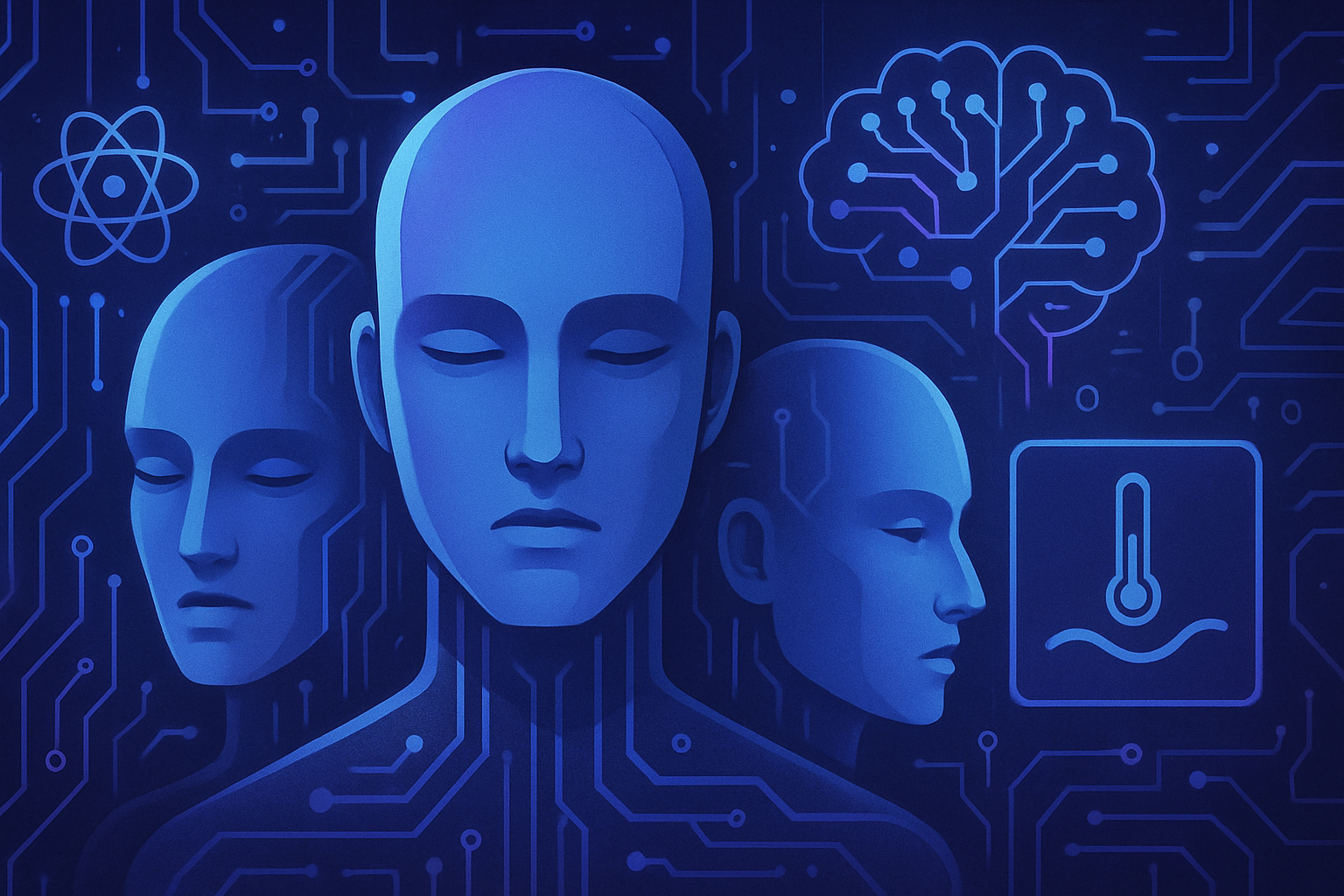Integrating a master’s in mathematics transcends the simple acquisition of knowledge. This training offers various and unexpected professional perspectives in different fields. Mathematics graduates turn out to be key players in industry and research, often valued for their analytical and modeling abilities. Fascinating career opportunities open up for them, ranging from teaching to advanced applications in health, economics, and even artificial intelligence.
A panorama of varied opportunities
Master’s degrees in mathematics are no longer limited to traditional teaching. They open doors to varied careers ranging from finance to industry. The rise of this discipline is notably explained by the increasing interdisciplinarity of the programs offered. Students thus discover that their training in mathematics allows them to explore unexpected fields.
Applications in the economic sector
The financial sector represents fertile ground for mathematics graduates. Quantitative analysts, armed with advanced modeling skills, are particularly sought after. They develop sophisticated algorithms to optimize investments or assess risks. In response to the growing complexity of markets, mathematicians play a central role in economic decision-making.
In industry, mathematics skills allow for addressing complex technical problems. Specialists in modeling leverage their knowledge to improve production processes. They use mathematical tools to simulate different scenarios and anticipate market needs.
New technologies and their opportunities
The rise of artificial intelligence (AI) and big data offers mathematics graduates unexplored professional paths. Data scientists, for example, rely on statistical and algorithmic methods to analyze massive datasets. They work in various sectors, from health to education and marketing.
Master’s programs incorporating modules on AI and machine learning are now multiplying. These programs prepare students to adapt to an increasingly digital world, where analytical and modeling skills become crucial.
The research sector
Mathematics continues to fuel scientific research. Graduates pursue doctoral studies, contributing to advancements in various fields, from biology to ecology. Collaboration with other disciplines such as physics or chemistry enriches research projects. A notable example includes the study of the impacts of invasive species, where mathematics models their dynamics.
University labs are increasingly engaging students in applied research projects. This trend fosters the emergence of innovative solutions to pressing societal problems.
Interdisciplinary training
As the job market evolves, mathematics training diversifies to meet specific needs. Some master’s programs offer an interdisciplinary approach, integrating health sciences, for instance. Such programs prepare professionals to tackle complex issues requiring both biological and mathematical knowledge.
Future perspectives
Graduates of master’s programs in mathematics enjoy versatility allowing them to access various careers. Sectors such as digital, engineering, and artificial intelligence prove particularly promising. The growing interest in applied mathematics and its vitality in various fields guarantee the expansion of these pathways.
Alumni networks also demonstrate the strength of this training. They facilitate the sharing of experiences and opportunities, reinforcing the idea that master’s degrees in mathematics open a wide range of professional perspectives. The testimony of many young graduates reflects realities they never thought possible, echoing the constant rise of this discipline.
Frequently asked questions
What are the main careers available for graduates of a master’s in mathematics?
Graduates can access various careers such as mathematics teacher, data analyst, statistician, research and development engineer, risk consultant, actuary, or research officer in labs.
How can a master’s in mathematics be applied in non-mathematical fields?
A master’s in mathematics develops analytical and critical thinking skills that are transferable to fields like finance, marketing, computer science, biology, and even psychology, allowing for the modeling and analysis of complex data.
What types of specializations are offered in master’s programs in mathematics?
Specializations often include areas such as statistics, optimization, numerical analysis, probability theory, applied mathematics to biology and health, and operations research.
What skills are developed during a master’s in mathematics?
Students develop skills in problem-solving, mathematical modeling, statistical analysis, programming, and scientific communication, all of which are valued in the job market.
Are online courses a good option for a master’s in mathematics?
Yes, many institutions offer online programs that provide flexibility while delivering the same level of training and access to resources as in-person programs.
What is the importance of research during a master’s in mathematics?
Research is crucial as it allows students to apply their knowledge to real-world problems, develop their critical thinking, and contribute to advancements in the field, often in collaboration with industry or laboratories.
How are master’s in mathematics perceived by employers?
Employers highly value mathematics degrees as they demonstrate a high level of analytical rigor, problem-solving skills, and an ability to work with complex data.
What differentiates a master’s in mathematics from other science degrees?
A master’s in mathematics specifically focuses on mathematical theories and applications, whereas other science degrees may cover a broader range of topics without the same depth in pure mathematics.
What kinds of projects or practical work can be expected in a master’s in mathematics?
Projects may include case studies, research on industrial problems, projects in collaboration with companies, and mathematical modeling work applied to fields like economics or biology.






